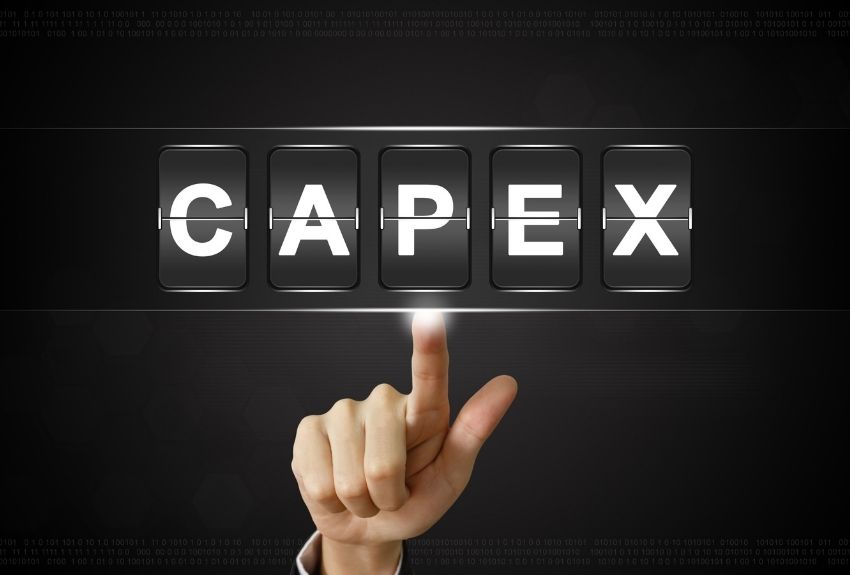Every business should want to lessen its tax liability. In doing so, your business will be able to reduce the amount of taxes you pay back to the government each year. A business expense is what your business incurs as a result of operating as a business. As a result, you can deduct certain business expenses from your tax bill when tax time rolls around.
A deduction is something that lowers your tax liability. The equation is fairly simple and straightforward in that you will subtract the amount of the tax deduction from your income, which will, in turn, make the amount you owe much less. This is the whole point in why you want to make sure you accurately deduct your expenses.
When you lower the taxable amount of income, you will lower your tax bill altogether, and who doesn’t want a lower tax bill?
To fully deduct an expense that your business generated, it must fall under the category of being necessary and ordinary. That simply means that the expense must be something that is common to your business or trade and is something that you would incur as you went about conducting your business.
There are two ways to claim your deductions when the time comes to complete your taxes. One is by itemizing, and the other is by taking the standard deduction. A standard deduction is when you would just take the typical amount offered for that tax year.
The standard deduction is a no-questions-asked approach and is a blanket amount that is predetermined for the tax year. On the other hand, if you were to take the itemized deduction, you would be able to deduct a whole host of potential deductions.
With this option, you will need to provide proof in the form of receipts detailing the expenses to write off everything you are claiming. It is time-consuming, but for a lot of people, it is worth it. One last thing to note about choosing deductions is that if you typically go the itemized route, you may want to revisit the standard deduction only because the amount has gone up and is worth considering to save more money.
Something to consider when deciding which deduction path to take is whether or not your standard deduction is less than the sum of your itemized deductions. If so, you should itemize. Conversely, if your standard deductions are more than the sum of the itemized deductions, then you will want to take the standard deduction.
Of course, completing all this can take time, but it will be well worth it in the long run to get the most bang for your buck. A third and even better option is that you tap Accolade Accounting to do the heavy lifting for you. What can I say? The team loves all things accounting and tax. It’s what we love to do, and we are great at it, so why go at it alone, especially when you don’t have to.
Now that we have the nitty-gritty out of the way, you’re probably wondering what type of deductions you can take for your business. While there are countless options available to you as a business owner, the type of business expenses you can take are quite varied. Here is a very short list of the more common deductions you can take for your business.
This is a top business deduction expense, especially because of the current pandemic environment. By using your home regularly or even exclusively, you are able to write this deduction off. Additionally, you are also able to write off rent, utilities, real estate taxes, repairs, and other expenses that you incurred while operating your business within your home.
Attention all freelancers, contractors, gig workers, and other self-employed individuals! This deduction is for you! Things like your home office, car, business insurance, and office supplies are just a few of the allowable expense deductions you can use to help lower your tax liability.

Capital expenses are those expenses that you incurred while starting your business. In general, there are three types of capital expenses: business startup costs, improvements, and business assets. You do, however, have the option to deduct or amortize certain startup costs for this section. Keeping track of all your records will really come in handy when looking to claim this expense.
Yes, you read that right. You can indeed deduct the amount that you pay your employees for the work that they perform for the business. Paying your employees is a part of running a business, and because of that, you are able to deduct some of that amount.
There are many types of business entities to choose from. You have sole proprietorship, partnership, Limited Liability Corporation (LLC), and the various types of Corporations, nonprofits and cooperatives. All come with their own unique advantages and disadvantages.
Due diligence is required here to ensure that you choose the best business structure specifically for your business. It can be very cumbersome to change your business entity once established and the requirements to do so can vary from state to state. In some instances, you may have to completely dissolve the original company beforehand, so be sure that your business entity selection is a sure thing.
Any retirement plans that you may have contributed over the course of the tax year are also available to be deducted from your tax liability.
The interest you have paid on any business loans you may have taken out is also a deductible expense you can write off. Taking out a business loan can be a huge financial step towards building and positioning your business in the marketplace. Deducting the interest on the loan payments will come in handy during tax time and is a great money-saving game plan.

In the end, as a business owner, you will want to take advantage of every opportunity that is afforded to you to lower your tax liability. By doing so, you will inevitably set yourself up for a reduced tax bill. This is by far one of the best strategies to save money for owning and operating a business.
This will reduce your income tax liability, lower your tax bracket and minimize your tax bill, an all-around win. When you factor in all the potential tax savings strategies one can incorporate into your business, it can positively impact your business and you as an individual.
If you are looking for more information on how Accolade Accounting can help you navigate these confusing business expense deductions, please reach out to us today to schedule a consultation to see how we can help simplify your tax experience.
Until next time my friends,
Cheers!
JD Longino, CPA
Disclaimer: This article is for informational purposes only and is not intended as tax advice. Tax situations vary, and IRS rules can change. Always consult with a qualified tax professional regarding your specific circumstances.
